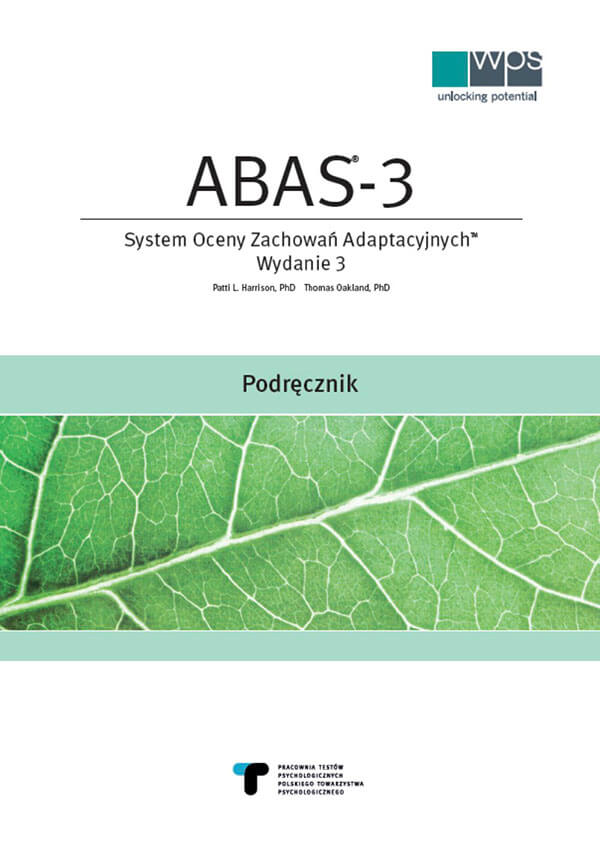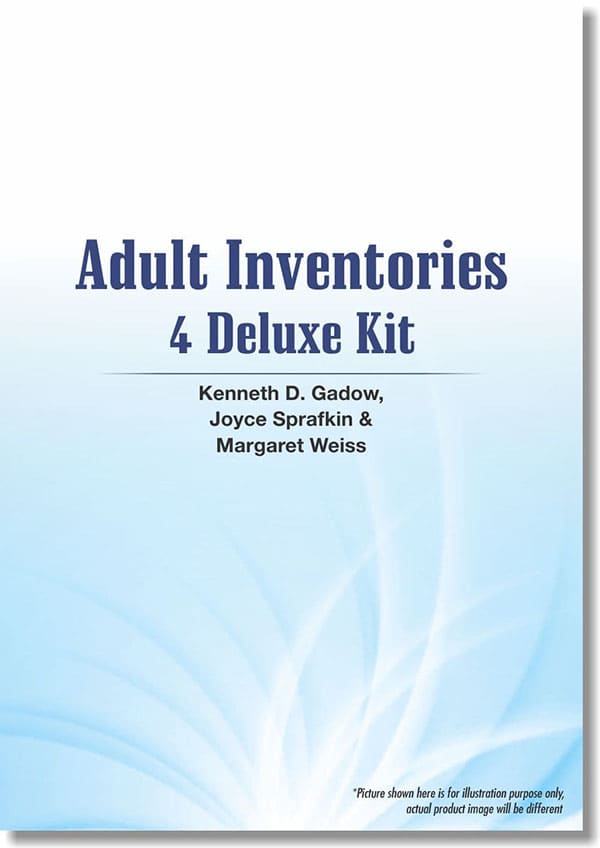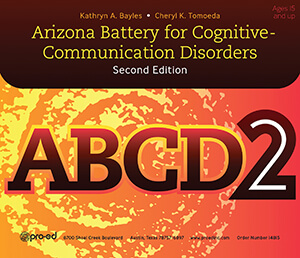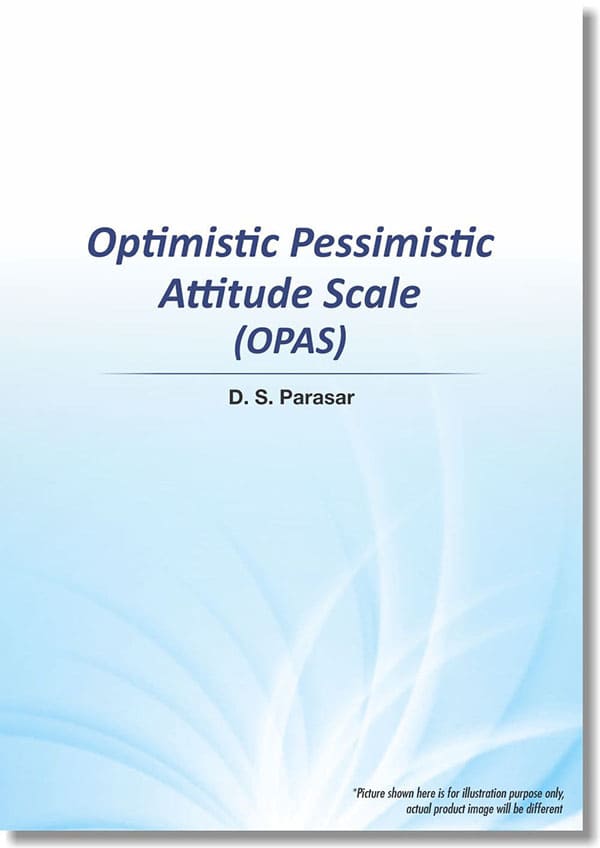Description
The ABAS-3 combines all-new norms with updated item content to create the leading adaptive skills assessment. Retaining all features that made the second edition the preferred instrument for evaluating adaptive behavior, the ABAS-3 is even easier to administer and score. Comprehensive, convenient, and cost-effective, this behavior rating scale measures daily living skills—what people actually do, or can do, without assistance from others. The ABAS-3 is particularly useful for evaluating those with developmental delays, autism spectrum disorder (ASD), intellectual disability, learning disabilities, neuropsychological disorders, and sensory or physical impairments.
Multiple Raters, Different Perspectives
The ABAS-3 includes five rating forms, each for a specific age range and rater:
- Parent/Primary Caregiver Form (birth–5 years)
- Teacher/Daycare Provider Form (ages 2–5 years)
- Parent Form (ages 5–21 years)
- Teacher Form (ages 5–21 years)
- Adult Form (ages 16–89 years)
Parents, family members, teachers, daycare staff, supervisors, counselors, or others who are familiar with the daily activities of the individual being evaluated can complete these forms. The Adult Form can even be administered as a self-reporting tool. The items may be read aloud to raters who have low sight or poor reading skills.
The ABAS-3 covers three broad adaptive domains: Conceptual, Social, and Practical. Within these domains, the ABAS-3 assesses 11 adaptive skill areas (each form assesses 9 or 10 skill areas based on age range). Items focus on practical, everyday activities required to function, meet environmental demands, care for oneself, and interact with others effectively and independently. Raters use a four-point response scale to indicate whether the individual can perform each activity and, if so, how frequently the individual performs it when needed.







